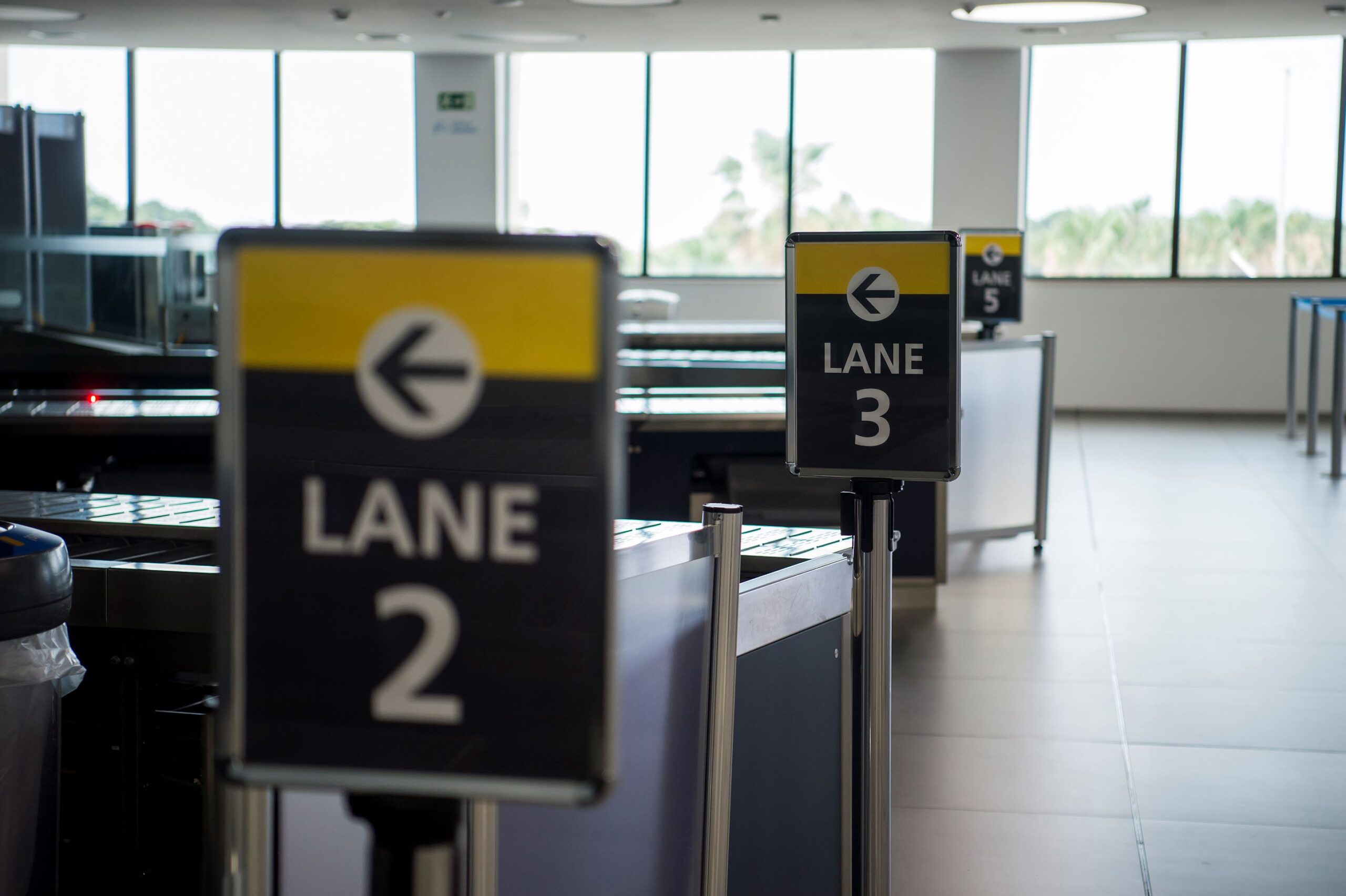A parliamentary petition calling for the extension of the ten-day employment rule for third-country nationals (TCNs) in Malta has been launched, citing the rule as “impractical and unjust.”
Initiated by Dilraj Panakkal Bhasi, the petition highlights the challenges TCNs face under the current Employment Law and seeks to extend the timeframe to 30–60 days to align with international labour and human rights standards.
The petition argues that the current ten-day rule, which requires TCNs to secure new employment within just ten days of losing their job, is unrealistic.
It notes that navigating Malta’s labour market within such a short period is especially difficult for TCNs, who face unique challenges compared to local residents.
Failure to meet this strict deadline not only increases the risk of repatriation but also jeopardises the social security contributions TCNs have made during their employment in Malta.
The petition also states that the ten-day requirement forces TCNs to make hasty decisions, often leading to the acceptance of substandard working conditions, compromising their ability to secure dignified employment.
The petition highlights how the current rule strains Malta’s Immigration Appeals Board (IAB), which is reportedly inundated with extension requests from TCNs unable to meet the deadline. This has resulted in long waiting periods, exacerbating uncertainty for affected individuals.
Extending the timeframe, the petition argues, would:
- Provide TCNs a realistic period to find employment aligned with their qualifications.
- Reduce the risk of exploitation and improve employment conditions.
- Alleviate the burden on the IAB, streamlining Malta’s administrative processes.
The petition will remain open for signatures until 10 January 2025, urging Parliament to act swiftly.
A growing TCN population
Malta has experienced a significant influx of foreign workers over the past decade, with the foreign population soaring from just over 20,000 in 2011 to more than 158,000 today, representing 28 per cent of the total population.
The majority of these individuals are TCNs, with India, the Philippines, and Nepal being the most represented nationalities.
This population boom has driven Malta’s economic growth, revitalised the rental market, and introduced new opportunities for local investment.
However, it has also brought challenges, including unethical practices by employment agencies, some of which required prospective workers to pay large sums to secure visas.
Beware travellers: Longer waiting times expected at MIA due to security machine upgrades
All new 3D security scanners are set to be introduced at the airport by the end of the year
Proposed Airbnb rules may cool investor interest, impacting Malta’s tourism hotspots
Proposed rules could reduce demand in the property market and possibly steer investors toward properties suited for long term rentals
2024 sees another steep drop in permits for third-country nationals
The year is on track to see the second 40% reduction in TCN work permit approvals in a row






